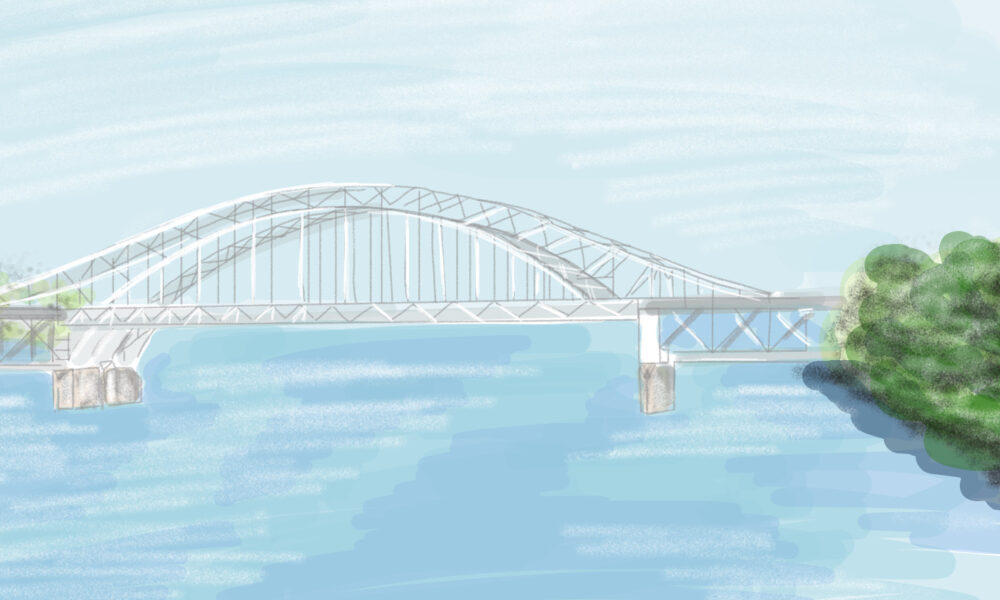Through Bill C-5’s ‘Building Canada Act,’ the Carney administration aims to achieve extensive economic development projects—though without respect for Indigenous rights and sovereignty. When critical funding for Indigenous services is placed on the chopping block, Indigenous communities have no choice but to take sovereign action to secure for themselves what the Canadian government has repeatedly refused to provide.
In an effort to achieve the goals of Bill C-5, Prime Minister Mark Carney has pledged to cut 15 per cent of the annual budget, amounting to approximately $4.5 billion CAD over the next three years. These cuts amount to a 2 per cent reduction in funding for Indigenous-Crown Relations and Indigenous Services Canada (ISC). While 2 per cent may seem insignificant, it will remove nearly $2.3 billion in funding from ISC by spring 2030. By making steep cuts to Indigenous Services Canada, the Carney government signals that economic goals outweigh its Charter obligations to protect Indigenous rights and livelihood.
In response to the funding shortfalls caused by Bill C-5, Kahnawà:ke Grand-Chief Cody Diabo is seeking to impose tolls on Highways 132, 138, and 206, routes which link the Island of Montreal and the South Shore by passing through Kahnawà:ke. The tolls are expected to cost around $4.60 CAD.
Roughly 120,000 vehicles travel these routes every day, traversing the Mohawk reserve on their commutes. If Canadians wish to enjoy the benefits of public infrastructure, since public infrastructure is a major focus of Bill C-5, the Mohawk community should also be empowered to charge tolls on the roads that pass through their land. This is not only because these roads rely on sovereign Kahnawà:ke land, but because their funding comes at the direct expense of essential services for Indigenous communities.
Given that the Quebec government did not expropriate Kahnawà:ke reserve lands to create these roads, it is undeniably within the Mohawk council’s authority to enforce its own road safety and tolling codes in the regions where the highways cross into its territory.
Diabo asserts that this change is not intended to punish Canadians but to push the federal government. Ultimately, Indigenous communities must take measures to prioritize their needs when the government refuses to do so.
While achieving economic development and infrastructural goals under Bill C-5 is undoubtedly important in light of Trump-led tariff pressure, actualizing these goals must not come at the expense of Indigenous communities’ Charter rights. This approach by the Carney government—positioning the bolstering of Indigenous services and economic growth as somehow incompatible with other legislative goals—perpetuates a vision of governance in which Indigenous communities remain subjects of regulation. If fiscal restraint were truly the motivation, its burden would be distributed evenly across departments. The refusal to enshrine funding for the ISC represents a political choice, not a budgetary necessity. Especially given Canada’s history of violent colonialism and settlement, providing federal funding for Indigenous Peoples to acquire crucial services is the bare minimum if the government has a genuine commitment towards reconciliation.
The Mohawk community’s proposed tolling system is not yet established or installed. Grand-Chief Diabo has stressed that he wishes, first and foremost, to make things ‘right,’ and that this plan will not be completed for the year to come.
The tolls are not a provocation—they are a clear assertion of Indigenous rights in the face of federal neglect.








